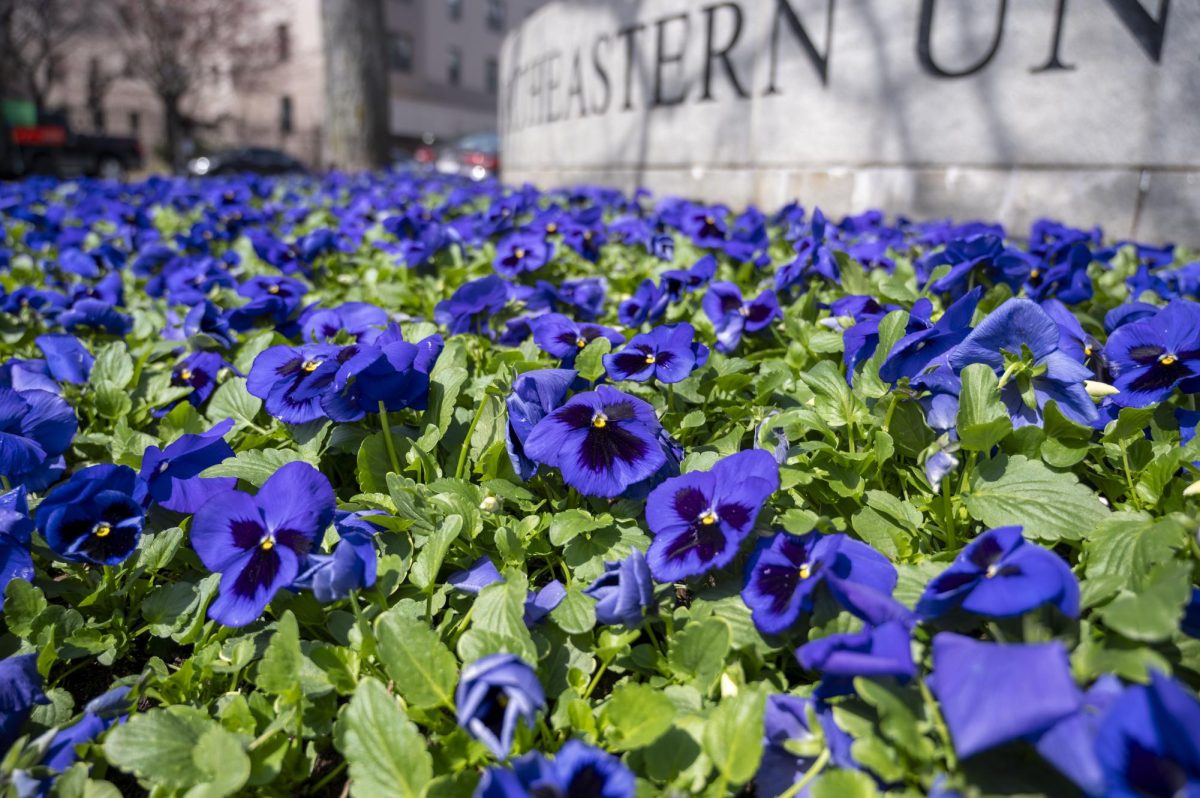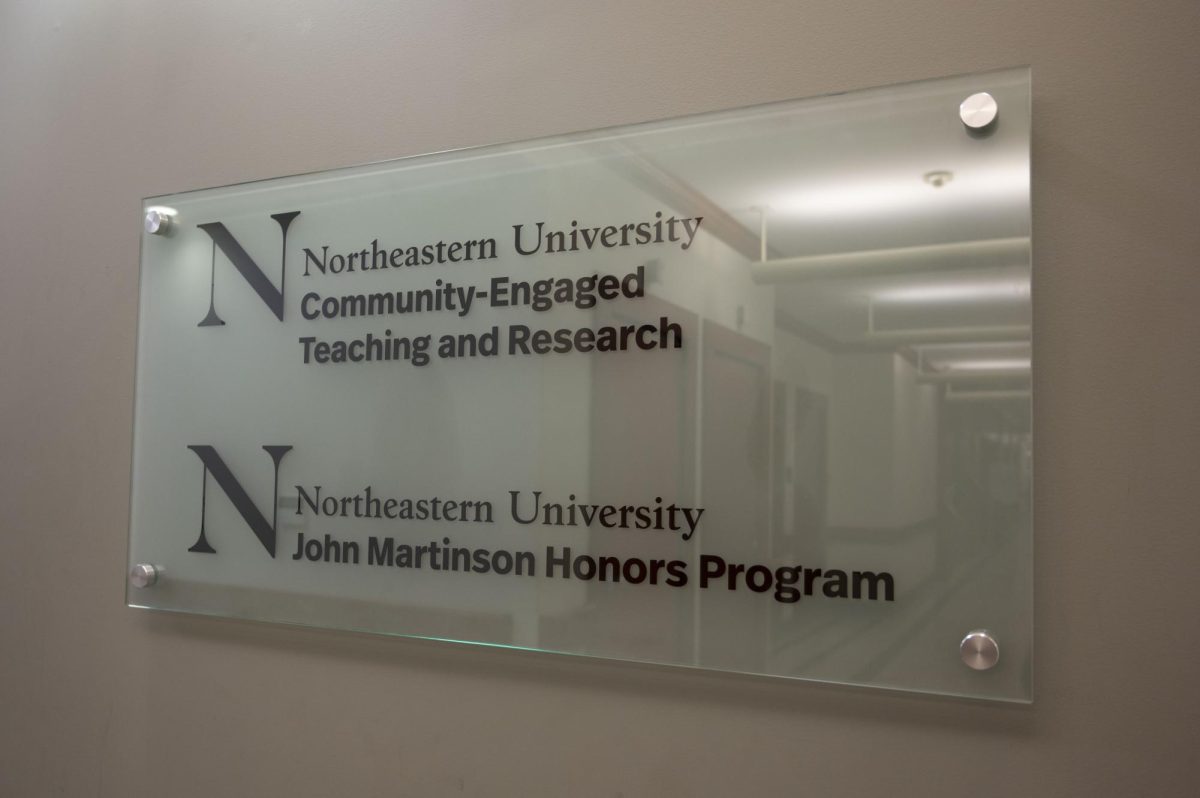One of the greatest ways to keep people ignorant is to prevent them from reading. An illiterate, uneducated population is much more easily controlled. In the 19th century, slaves were banned from learning to read English, and anyone caught attempting to teach a slave how to read was prosecuted. After the fall of slavery, so-called “literacy tests” were used in former slave states as a qualification to vote, which prevented newly-freed slaves — granted citizenship and voting rights by constitutional amendments — from exercising their rights.
Throughout history, there have been numerous attempts to ban literature in the name of the public good. The Catholic Church, from 1559 until 1966, published the “Index Librorum Prohibitorum,” a list of books deemed contrary to Catholic theology and morality. Governments throughout history have banned books that they said defamed, criticized, or otherwise struck the government as unsuitable. Even here, in the United States, we have banned books; “Memoirs of a Woman of Pleasure,” better known as “Fanny Hill,” remains one of the best-known and most-banned books in American history, considered the first pornographic novel. It both pioneered a future for countless poorly scribbled romance novels, and resulted in a 1966 Supreme Court decision that further illustrated obscenity law; since then, no book has been banned in the United States.
Books are certainly challenged, largely for so-called “obscene” or “immoral” content, even to this day. “And Tango Makes Three,” a children’s book based on the real-life story of two male penguins who together hatched and raised an egg in New York’s Central Park Zoo, has been criticized and challenged by parents and religious organizations as promoting an alleged gay agenda and attempting to indoctrinate children into homosexuality. Several parents have attempted to remove the Harry Potter series from bookshelves, calling the books satanic for their portrayal of witchcraft. Some parents have even attempted to ban “Fahrenheit 451” by Ray Bradbury, which features state censorship and book burning as an integral plot line.
One book that is frequently challenged to this day is the Mark Twain classic, “Adventures of Huckleberry Finn.” When first published in the late 1800s, the book garnered criticism for its coarse language. In the 20th century and into the 21st, it is repeatedly challenged in large part to its extensive (and period-accurate) use of the n-word, which appears in the novel more than 200 times.
To attempt to bring this novel to the masses in a more acceptable form, NewSouth Books has worked with Twain scholar Alan Gribben to develop a version of the novel that replaces all instances of the n-word with “slave.”
Speaking in terms NewSouth and Gribben may appreciate, kindly fornicate that rubbish.
“Huck Finn” is a satire of Southern antebellum society, a great critique of the racism endemic after the war and one of the nation’s most enduring comedies. Twain uses the n-word to show the racist ideologies and beliefs of many Southerners, and criticizes the continued oppression of newly freed slaves. To remove the n-word from Huck Finn is to whitewash history, to sugarcoat a painful time in our nation’s past.
By no means am I encouraging use of the n-word. I will not even bring myself to write it in this column. This comes from a man who feels comfortable using words such as [Editors note: We are a family newspaper, Michael.]
There has been extensive outrage among the literary community and among the general public about going back and expunging the harsh reality of the post-war South. This sort of revisionist history is something that should not be tolerated in our schools, in our textbooks, or in our lives. The danger of allowing ourselves to forget our past, to gild our nation’s history, is far too great.
This country has done great things and terrible things. Slavery and discrimination against African-Americans is the greatest blemish on this country’s record, its grandest and most regrettable act. Yes, we defeated the Nazis; yes, we created a form of government duplicated the world over; yes, we built ourselves into the most prosperous nation in the world. We cannot allow our triumphs to cloud the memories of our failings. It is our greatest highs and greatest lows that make us American. We would be wise not to forget this.
– Michael Denham can be reached at
[email protected].












